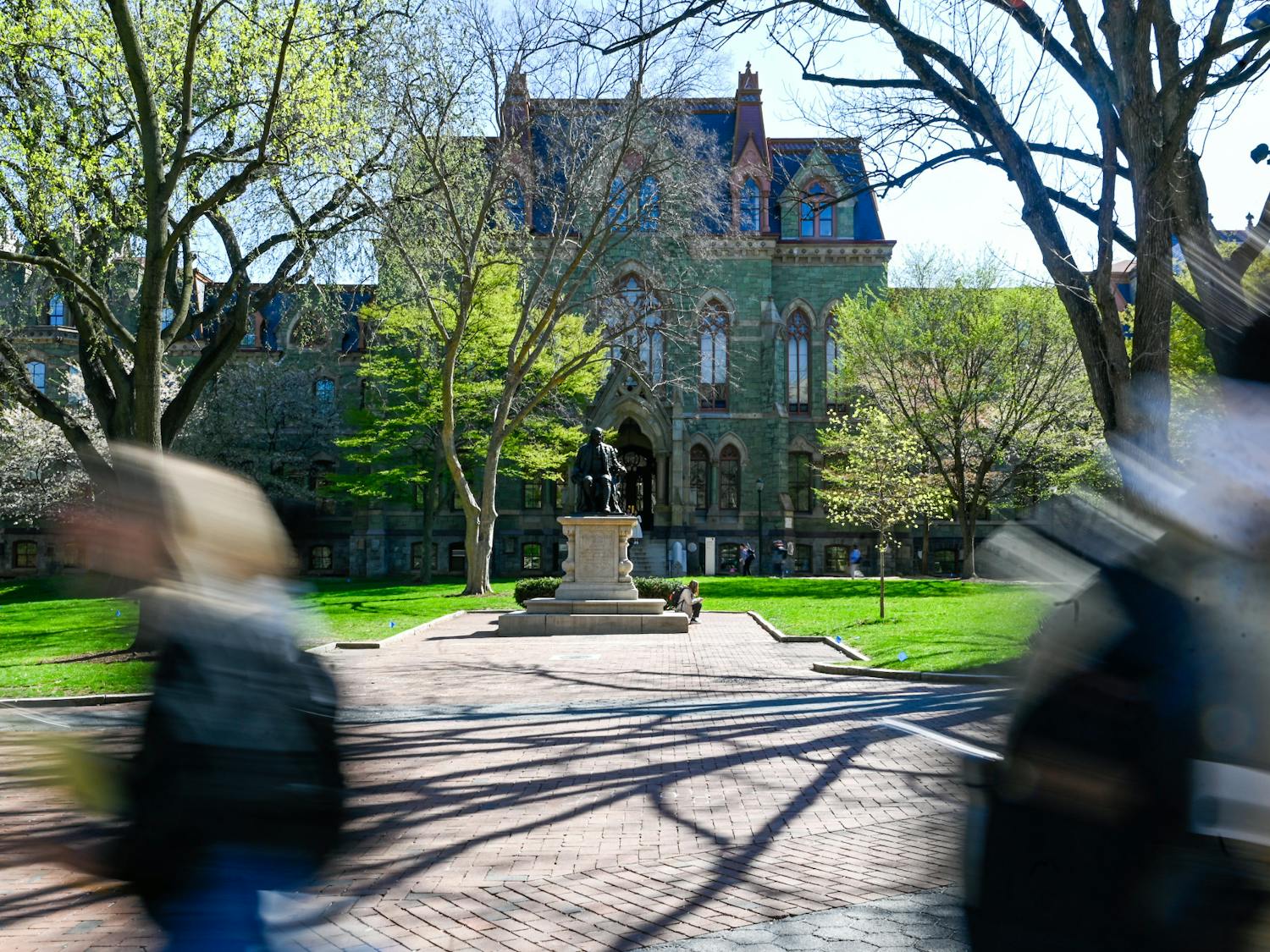For two years now, U.S. government officials have been puzzling over a collection of health problems affecting more than twenty U.S. diplomats stationed in Cuba and in China.
Douglas H. Smith, a Penn professor and the director of the Penn Center for Brain Injury and Repair at the Perelman School of Medicine, has sat at the center of the national inquiry into the diplomats' bizarre symptoms and ailments.
In March, he led a team that published a study showing that more than a dozen of these American diplomats have displayed symptoms of psychological unrest, including “persistent cognitive, vestibular, and oculomotor dysfunction, as well as sleep impairment and headaches.”
The victims reported hearing strange sounds in quiet areas, like metal grinding or gears squealing. And while the report in March remained inconclusive about the implications of the symptoms, researchers speculated that a device emitting some kind of harmful energy was likely the cause of these problems.
Six months on, Smith's team has concluded that “microwave weapons” were most likely the cause of the concussion-like symptoms, the New York Times reported. This revelation is set to provoke several implications for U.S. relations with Cuba, which has denied attempts of psychological attacks towards American diplomats.
Smith’s argument supports the research of psychologist Alan H. Frey, who theorized that the sonic waves of microwaves have the ability to delude the human brain into thinking that it hears sounds when none are present.
“Everybody was relatively skeptical at first,” Smith said to the Times, “and everyone now agrees there’s something there.”









